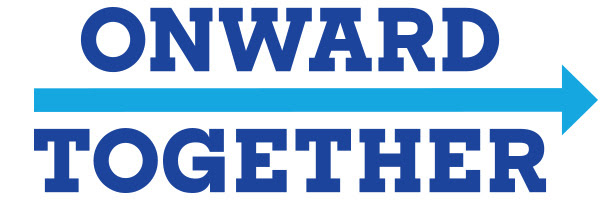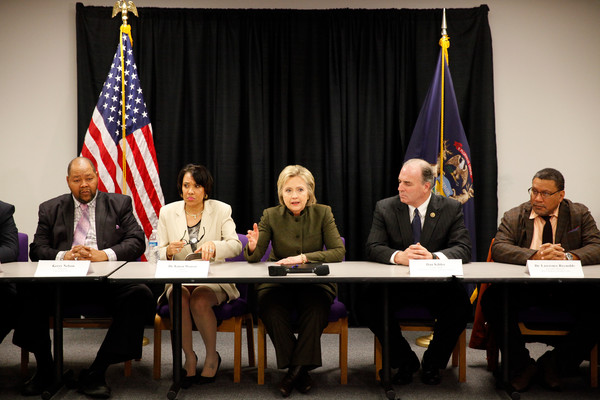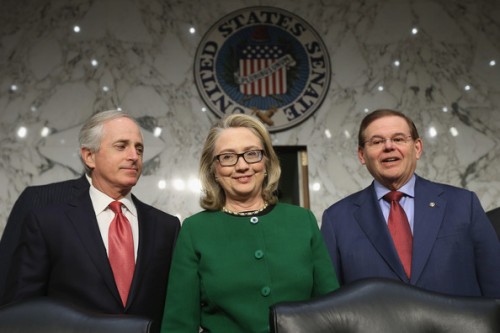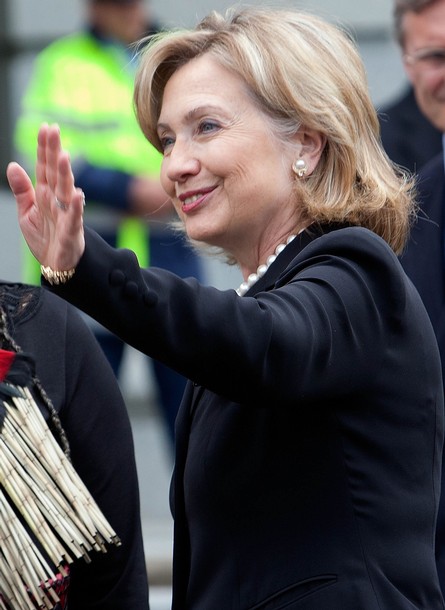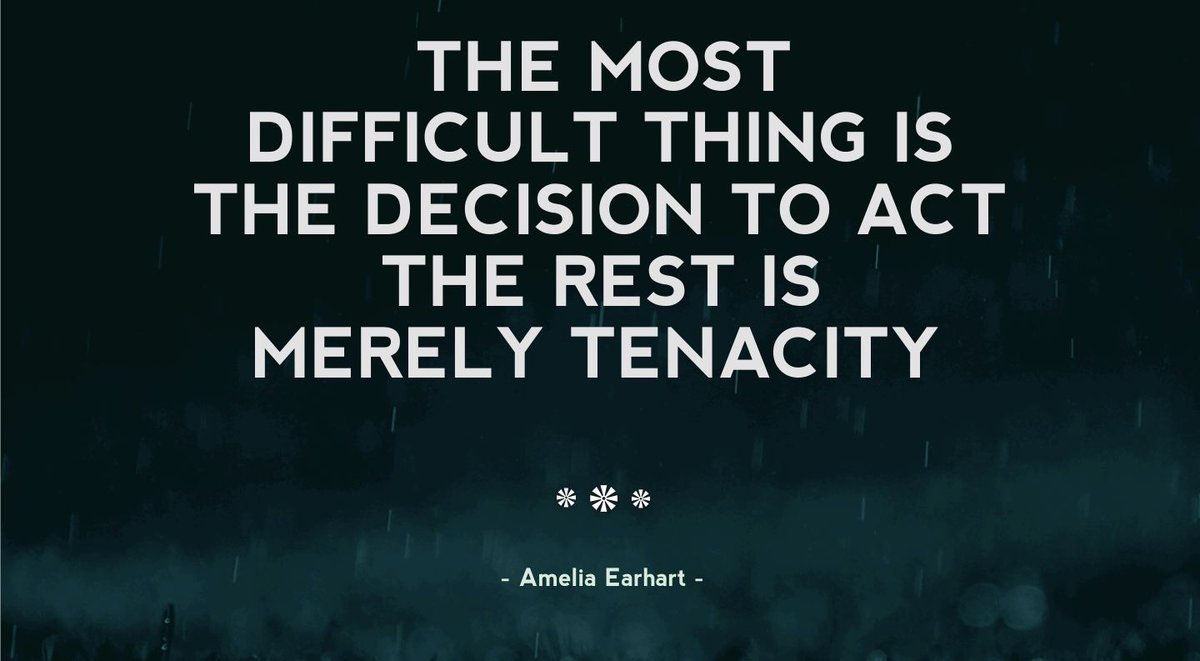Every year, the U.S. Department of State issues a Human Rights Report based on data collected from sources operating in U.N. member states and countries receiving U.S. assistance. Upon the release of the 2009 Human Rights Report, Hillary Clinton announced that the United States would be added to the list of countries under review. Republicans and conservatives did not take this news well.

Human rights are universal, but their experience is local. This is why we are committed to holding everyone to the same standard, including ourselves. This year, the United States is participating in the Universal Periodic Review process in conjunction with our participation in the UN Human Rights Council. In the fall, we will present a report, based on the input of citizens and NGOs, gathered online and in face-to-face meetings across the country attended by senior government officials. Assessing opportunities for progress and soliciting citizen engagement is one way that we demonstrate our commitment in word and deed to the basic principles that guide us toward a more perfect union and a more peaceful world.
The U.N. also reviews human rights conditions among member states.
It should be no secret to readers here that an organization exists that formulates legislation to be put forth in multiple states. If you were watching MSNBC in the wake of Trayvon Martin’s killing, you saw Karen Finney unveil ALEC.
One example of Karen’s effect at MSNBC was her unmasking of ALEC (American Legislative Exchange Council) behind the Stand Your Ground laws in many states, including Florida, in the wake of George Zimmerman’s fatal attack on Trayvon Martin. No one, in my experience of viewing multiple hours of MSNBC, had ever mentioned ALEC. But after Karen filled in for Bashir that day, it seemed that not an hour went by without some anchor bringing up ALEC.
This comes as disturbing news.
The UN Has Stepped In To Issue A Severe Warning To GOP After Their Plans To Strip Americans Of Freedoms Is Exposed
If you thought your rights are protected in the USA, think again. There are lawmakers who are working hard to under-handedly take them away. Sixteen states have proposed bills that would criminalize peaceful protests. This is a worrying trend that may result in fatal blows to our rights and freedom to peacefully protest, assemble, and express our opinions and voices.
It is so concerning, that even the United Nations has weighed in on the trend. In an unprecedented move, representatives from the UN have sent a letter to the US government offering a strong condemnation for proposed legislation in sixteen states that is meant to limit peaceful protest.
The letter, penned by David Kaye, Special Rapporteur on the promotion and protection of the right to freedom of opinion and expression, and Maina Kiai, Special Rapporteur on the rights to freedom of peaceful assembly and of association, claims that if passed, these bills would be “incompatible with US obligations under international human rights law.”
There is a link to a PDF of the 19-page letter in the body of the article. I encourage you to take a look. At the end of the letter, there is a link to the U.N. Human Rights website. Please also see that. Here are the letters sent regarding the U.S. in 2017 according to that page.
United States of America
- 9 May 2017 – Intensified screening of travellers at the US border based on their religious affiliation – OL USA 6/2017
United States of America
- 1 May 2017 – Intensified social media screening of travellers at the US border – OL USA 7/2016
United States of America
- 27 March 2017 – Draft bills on the rights to freedom of peaceful assembly and freedom of expression – OL USA 3/2017
Those are the letters sent this year. Further down the same page is a list of all communications sent since 2011 divided by country. Here are the letters sent to the U.S.
United States of America
- 30 September 2016: Proposal to request travelers’ social media information on immigration forms – USA 9/2016.
- 20/04/2016 – Trans-Pacific Partnership Agreement –USA 4/2016
There is a danger of rapid erosion of human rights afoot. The U.N. is watching. It is not clear the degree to which such pending legislations will make their way into the State Department’s Human Right Report for 2017. The easy out for this administration would be for DOS to exclude the U.S. from that report as it had been until Hillary Clinton included us.
The multiple pending legislations are most likely the work of ALEC. When you look at the menu bar on their website, you see a “more” category. There is a drop-down where you can access their “free speech” position. The proposed curtailment of protest rights appears to be tied to recent protests against right wing speakers on university campuses.
This is going to become a matter of framing as our friend George Lakoff often reminds us. We need to make sure that protest remains framed as freedom of expression and not as the enemy or abrogation of someone else’s right to speak. That, from what I see on their page, is how they plan to frame these legislations.
While it is encouraging that the U.N. Human Rights folks are looking out for us, it also raises concerns that our own local governments are working formally to curtail our rights. The federal government, specifically the State Department, could potentially stand down on reviewing and reporting on rights violations within our borders. Lastly, and most dangerously, this administration, already inimical to the U.N. having its headquarters here, could move to exit the U.N. altogether. I know that sounds far-fetched, but we ought to keep that in mind. Though I doubt it would ever pass, there are factions in our country that despise the U.N. We need to be vigilant.
Amendment 1 – Freedom of Religion, Press, Expression
Congress shall make no law respecting an establishment of religion, or prohibiting the free exercise thereof; or abridging the freedom of speech, or of the press; or the right of the people peaceably to assemble, and to petition the Government for a redress of grievances.










